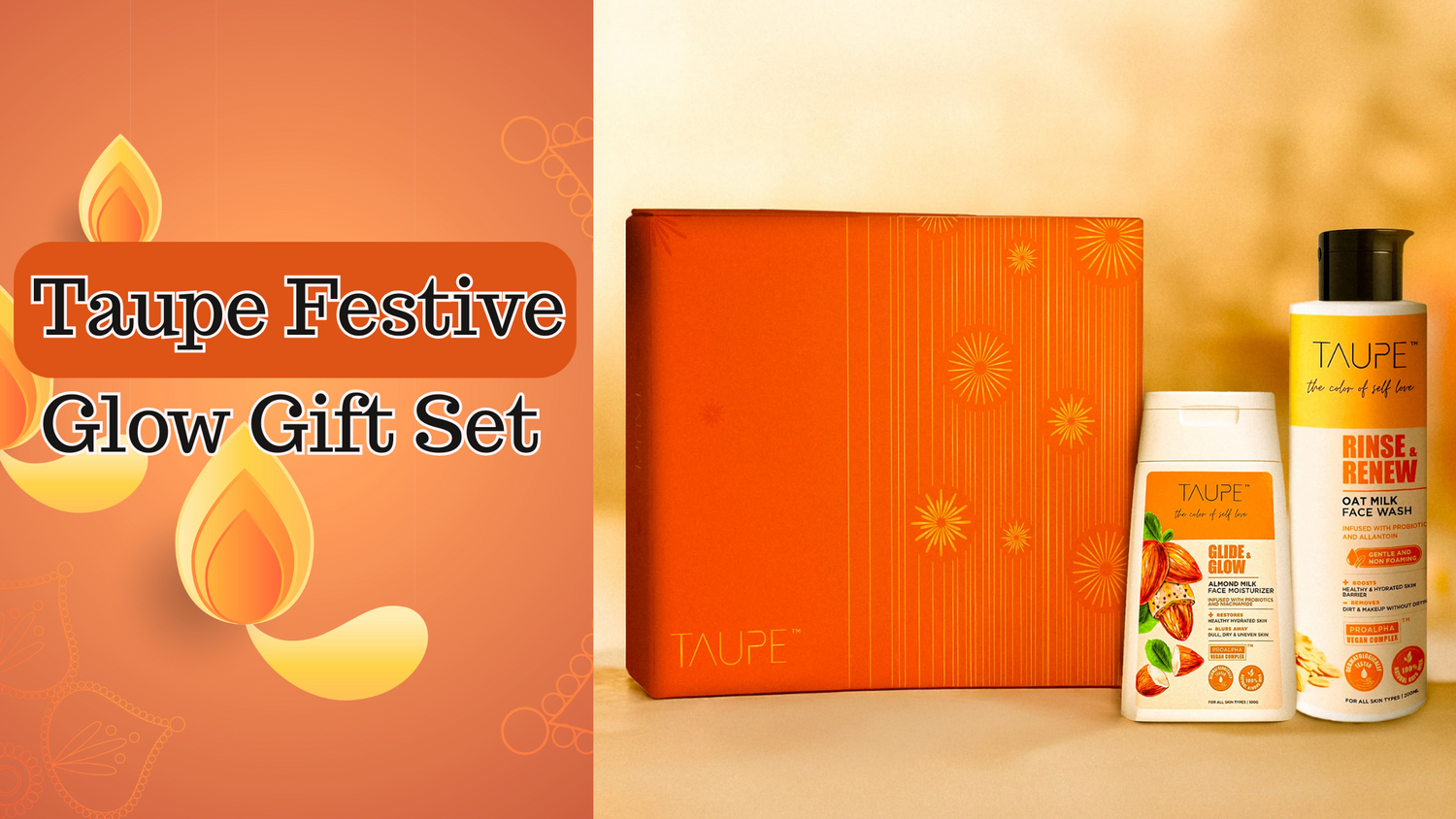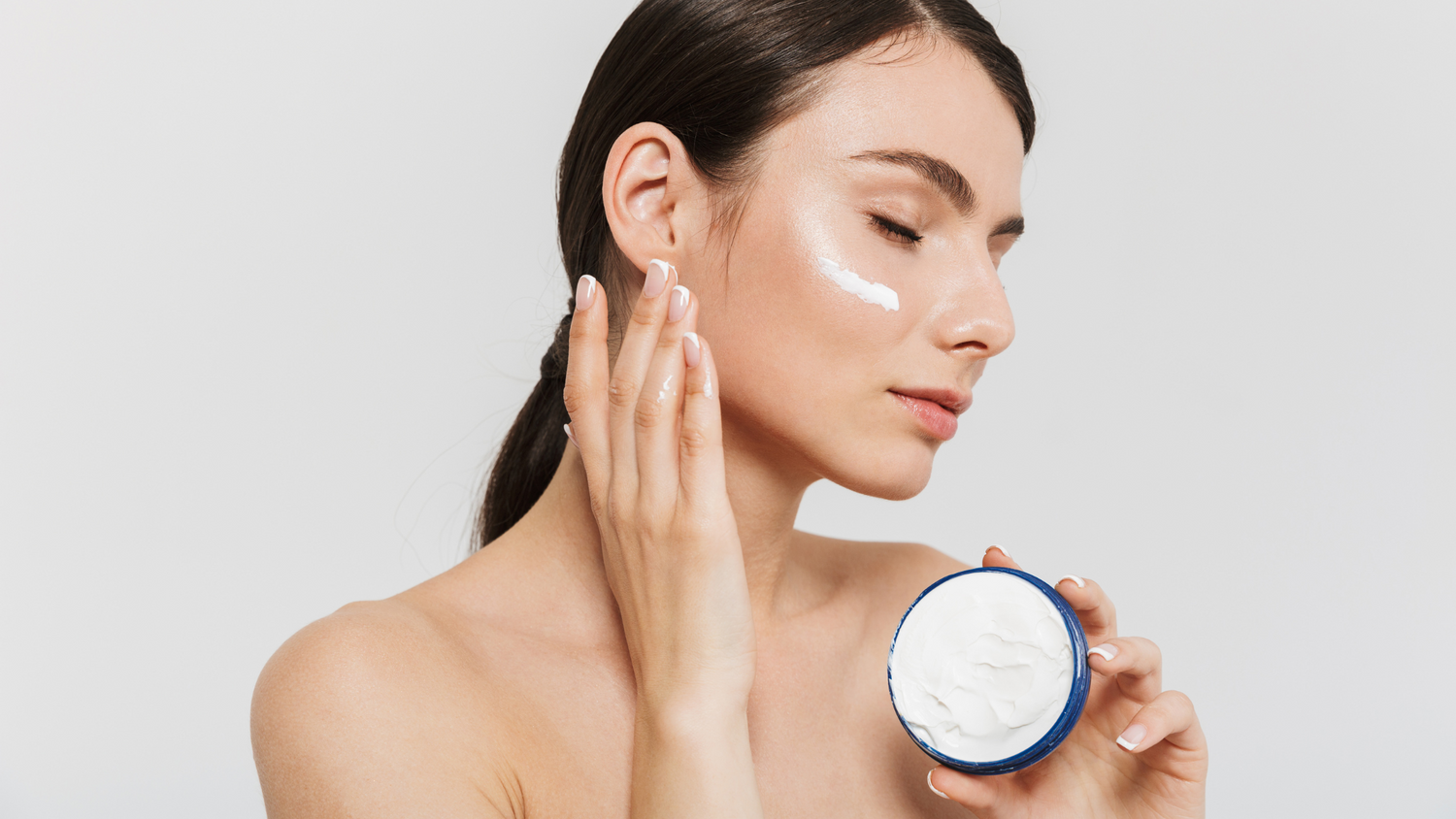In recent years, skincare has become more than just cleansing and moisturizing, it's about balance. As more people experience sensitivity, breakouts, or inflammation, one gentle powerhouse is emerging as the hero of calm, resilient skin, probiotics. If you're wondering why this buzzword is taking over ingredient lists, you're not alone. Let’s decode what probiotics can actually do for your skin and why they might just be your skin’s new best friend.
What are probiotics in skincare?
Just like your gut has good bacteria to support digestion, your skin has a microbiome, a community of microorganisms that help protect and nourish it. Probiotics in skincare are live or fermented ingredients that help support this microbiome, keeping it strong and balanced.
They don’t just sit on your skin. They actively work to restore harmony, reduce irritation, and build up your barrier function making your skin more resilient against daily stressors like pollution, sun, and harsh products.
Why your skin barrier needs them
Your skin barrier is your body’s first line of defense. But modern life doesn’t make it easy to keep it healthy. From over-exfoliation and hot showers to UV rays and city pollution, your skin is constantly under attack.
When this barrier weakens, you might notice more dryness, redness, breakouts, or that constant feeling of tightness. That’s where probiotics come in, they help restore the skin’s natural flora, calming sensitivity and boosting hydration from within.
Benefits of probiotics in skincare
Let’s get into the real reasons people are turning to probiotics:
1. Reduces sensitivity and redness
By supporting your microbiome, probiotics help reduce inflammation. That means less flushing, stinging, or reactivity especially important for those with sensitive or acne-prone skin.
2. Strengthens skin’s natural defense
Probiotics improve the skin’s ability to retain moisture and protect itself from harmful bacteria or irritants. That means fewer breakouts and better recovery from damage.
3. Helps with breakouts and blemishes
A balanced microbiome is less likely to overproduce oil or clog pores. That’s why probiotic-infused products are often recommended for breakout-prone skin they calm without stripping.
4. Enhances product absorption
When your skin barrier is strong, your skin can better absorb and utilize all the other good ingredients in your routine.
Who should use probiotic skincare?
Short answer? Everyone especially if you deal with:
-
Sensitivity or flare-ups
-
Redness or rosacea
-
Hormonal breakouts
-
Dry, patchy skin
-
A damaged barrier after using too many actives
Even if your skin seems normal, probiotic skincare acts like a safety net, supporting your skin so it stays stable in the long run.
How to add probiotics to your routine
Probiotic-rich products work best when used consistently. Start with a face wash, moisturizer, or mask that supports your barrier and delivers these skin-friendly bacteria directly. Just make sure you're not combining it with harsh exfoliants or stripping formulas that could counteract its calming effects.
Look for ingredient names like lactobacillus ferment, bifida ferment lysate, or simply "probiotics" on your label. They’re a return to balance in an age of aggressive skincare. If your skin’s been crying out for a reset, this is where to begin.




